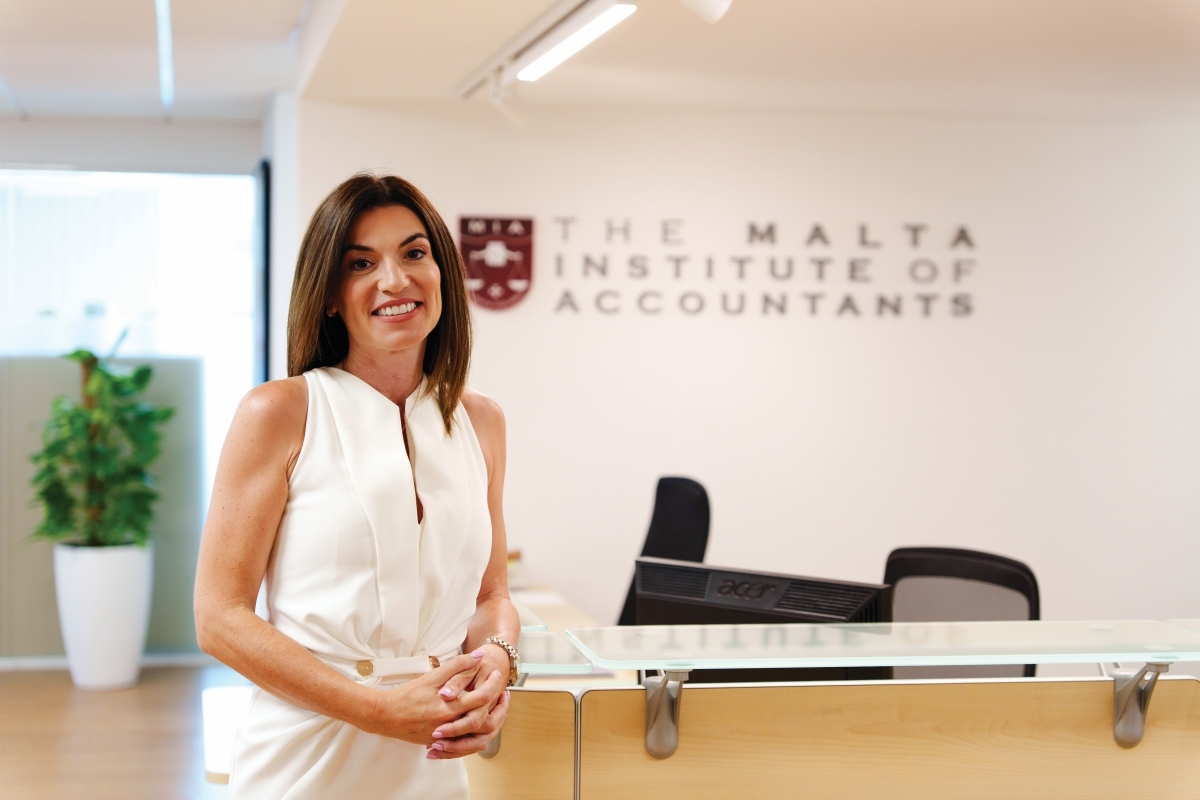History was made on Tuesday (today) as former Prime Minister Joseph Muscat and his close associates Konrad Mizzi and Keith Schembri, together with a host of other people and companies, were charged with an assortment of charges ranging from money laundering and bribery to establishing and participating in a criminal association.
The alleged crimes are all related to a landmark deal that saw foreign firms brought in to run and manage three old state hospitals. Last year, the deal was annulled in a Court decision that deemed it “fraudulent”.
The latest developments emerge from the conclusion of a long-running magisterial inquiry that was meant to determine whether anyone bears any criminal responsibility for the debacle.
It determined that a whole of people were responsible, starting from the 14 people and nine companies charged in court today.
The individuals involved were: Joseph Muscat, Konrad Mizzi, Keith Schembri, Adrian Hillman, Pierre Sladden, Brian Tonna, Karl Cini, Ivan Vassallo, Christopher Spiteri, Jonathan Vella, Mario Victor Gatt, Brian Bondin and David Joseph Meli.
The companies involved were: Technoline, Nexia BT, Eurybates, Gateway Solutions, MTrace, FSV, Kasco Engineering, Sciacca Grill and Taomac.
The marathon session got underway at around 11.30am and ran on until just after 8.30pm.
The details of each of the accused were gathered, and the charges pertaining to each were read out, making for a slow and tedious start.
Things then heated up as the defence lawyers questioned how the large sums subject to freezing orders were calculated. The headline trio – Dr Muscat, Mr Schembri and Mr Mizzi – are all subject to a €30 million asset freeze. The former Prime Minister had described this as “laughable, if it weren’t so serious.”
Contentiously, the sums to be frozen are not contestable. In this case, the prosecution pointed to the final part of the conclusions of the magisterial inquiry and noted down the sums mentioned there – leading parts of the defence to quip that not even the prosecuting team had really read the 1,200-page conclusions.
For example, in the case of Jonathan Vella, a legal representative for Bluestone Investments – one of the firms at the very heart of the scandal – his lawyers argued that the inquiry does not even indicate him taking a cent of money illicitly. Nonetheless, he also had up to €30 million of his assets frozen.
The lengthy submissions of the defence were all for nought, however, as the magistrate decided that the court cannot determine the validity of the reasons for the amounts frozen. All it can do is abide by the testimony of the prosecution, who testified that there is a valid reason for the amounts requested to be frozen.
It therefore upheld the asset freeze. A court order will now be published in the Government Gazette, while the Asset Recovery Bureau will begin compiling a database of the assets of the accused.
In a reaction posted to Facebook, prominent stockbroker Paul Bonello said it was “enjoyable” to see all the complaints about how the law relating to freezing orders – only recently introduced – is “unjust”.
“This morning it dawned on these political persons arraigned today … that it is not fair that the Prosecution and Attorney General do not have to justify the amount of a Freezing Order and convince the court that there is at least prima facie evidence of the value laundered by the accused,” he said.
“The same accused with their hats of legislators on did not bat an eyelid about how unjust this is because they believed that such draconian measures would only affect us mortals, members of the public.”
He continued: “This is the habit of politicians. First they legislate in the most draconian and unreasonable of manners … Then when the legislators end up being accused in terms of the laws they enact, they raise hell.
“Looks like politicians legislating so savagely are having a taste of their own medicine.”
Another point of contention regarding the freezing orders was the distinction between personal and corporate liability. Parts of the defence argued that the amounts mentioned need to distinguished according to whether they related to the personal property of the accused or if it is related to their clients’ companies.
However, the prosecution successfully argued that there is no duty to make that distinction.
Gag orders and travel bans
The prosecution requested the Court to prohibit the accused from making further statements to the media, comparing certain behaviour (ostensibly, Dr Muscat’s) to that of former US President Donald Trump, who infamously instigated a riot on Capitol Hill when he refused to concede the 2020 presidential election.
However, the defence argued that this would amount to a ban on the freedom of speech of the accused.
The prosecution also asked for a ban on all travel of the accused, noting that the case cannot proceed if any of them is absent for any hearing.
Here, the defence pointed out that several of the accused are resident abroad, noting that they travelled to Malta to attend the day’s session of their own volition.
They also questioned why the Court would feel to need to impose any such ban when the arraignment was done via a court summons, and not under arrest.
The magistrate only partly upheld both requests.
She banned any of the parties involved from handing any data to third parties or making any public comments about any testimonies or evidence in the proceedings.
She also declined to bar any travel arrangements, but imposed a €25,000 guarantee on each of the accused to ensure that they will be present for the next sittings, due to take place on 13th and 19th June.
Cultivating future-oriented startups
Malta Enterprise CEO George Gregory on the opportunities opening up in Malta’s startup scene
BNF Bank and Mastercard partner to bring added value to Maltese customers
Collaboration enhances everyday banking through exclusive experiences, rewards, and innovative payment solutions
Trust, talent and transformation: The Malta Institute of Accountants’ vision for growth
CEO Maria Cauchi Delia believes accountants are ‘the bedrock of trust in Malta’s economy’






